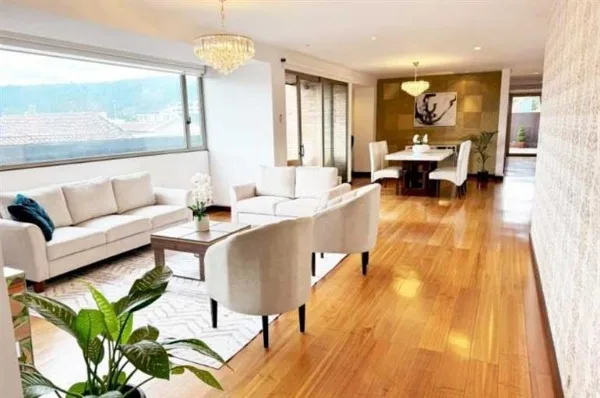UN human rights panel has concerns about freedom of speech and protest in Ecuador
The president of the United Nations Human Rights Committee said Tuesday in Geneva that he is concerned about restrictions on freedom of speech in Ecuador. In addition, he said that he and the committee worry about the “criminalization” of public protest and the rights of the indigenous.

Foreign Minister Gullaurme Long in Geneva.
The human rights evaluation is a periodic review conducted with all UN member nations. Ecuador was last evaluated in 2008.
“No one is saying that there is no freedom of expression in Ecuador,” said Committee President Fabián Salvioli. “Of course there is. What we are worried about are requirements imposed by the government on the press and private citizens that tend to restrict open discourse and impose self-censorship. We would like to see improvement in this area,” he said.
Specifically, the committee said that Ecuador’s Law of Communication could be used by the government as a means of social and political repression. The law defines communication as a “public right” and allows the government to assess fines against the media and individuals for what it considers violations.
Ecuador Foreign Minister Gullaurme Long, who represented Ecuador at the meeting in Geneva, defended the law, challenging the committee that they would find no other country with greater freedom of speech. “You have to evaluate the law in historic context,” he said, contending that the press has abused its rights to free speech in the past.

Manuela Picq before she was deported last year.
The committee also questioned Ecuador’s handling of political protests and its “criminalization” of protesters in some cases. Members said they thought it was inappropriate to charge protesters with “terrorism” and sentence them to multi-year prison sentences. Specifically, members mentioned protests by indigenous communities.
Long countered that “white foreign intellectuals” are championing the cause of the some opposition indigenous and campesino groups without understanding that they often use violent strategies. Again, he cited the need for outsiders to “verse themselves in the historical context of Ecuador and the region.”
In addition, the committee questioned the departation of French-Brazilian professor Manuela Picq who was arrested during an anti-government protest last June, suggesting that it was politically motivated. Picq, who is married to an Ecuadorian indigenous leader, had been on the faculty of a Quito university for eight years before she was expelled.
In Picq’s case, the committee said it considered inappropriate a comment by President Rafael Correa that Picq was a fraud who had lived in Miami with a gringo boyfriend before moving to Ecuador. “What does that have to do with anything?” one member asked. “It tends to indicate that the government acted spitefully in her deportation.”
Long said he would respond in writing to all of the committee’s concerns.





















